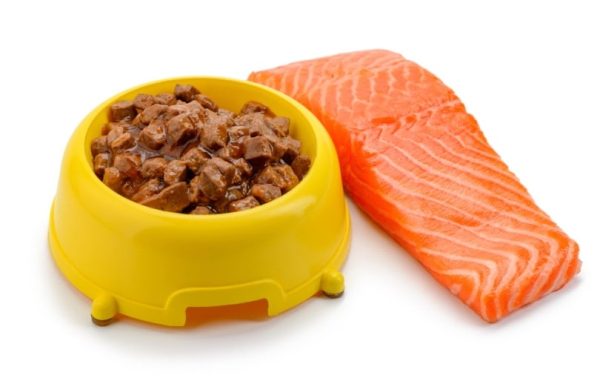Cayenne peppers, also colloquially called chili peppers, are a delicious spicy fruit, but they aren’t a suitable treat for your pup. What happens if your dog gets into the cayenne peppers? Should you worry or even panic? Cayenne peppers are not lethal to dogs. They can be ingested, but the spiciness can cause distress. Dogs should not eat cayenne peppers. Their spicy characteristics can cause severe irritation to your dog and, therefore, should be avoided if possible. Here is everything you need to know about dogs and cayenne peppers.
Cayenne Pepper’s Dangers
Cayenne peppers are not toxic to dogs but can cause health problems if they are eaten without supervision. The spiciness can cause a dog’s mouth and throat to become inflamed, and it can also cause gastrointestinal (GI) issues such as stomach cramps, vomiting, or diarrhea.
Biting into a pepper can also cause capsaicin oil particles to get into the air, which can cause watering eyes, a stinging nose, or a raw throat. This is similar to pepper spray, which is designed with the same ingredients as liquid cayenne pepper. Cayenne pepper can also cause skin irritation on the mouth or anywhere a raw pepper comes in contact with your dog. None of these issues are permanent, but severe cases might require veterinary attention.
If you need to speak with a vet but can't get to one, head over to PangoVet. It's our online service where you can talk to a vet online and get the advice you need for your pet — all at an affordable price!
One of the problems is that dogs have no concept of what is spicy and what isn’t. People typically know what is spicy and what is not, so they can take care with spicy foods to prevent some of the side effects. However, dogs will happily eat too many cayenne peppers if they get into them.
If your dog eats a cayenne pepper, they might experience irritation to the eyes, skin, throat, or stomach, but they should recover in a few days. You do not have to worry about your dog dying or falling seriously ill, but you should monitor them for severe signs.

Using Cayenne as a Deterrent
Cayenne pepper powder, or chili pepper, is often advertised as an excellent deterrent for bugs and small animals or an anti-chewing deterrent for puppies. The idea is that sprinkling or spraying cayenne pepper around it will keep animals away or prevent your dog from chewing on furniture or shoes. While cayenne pepper is an effective deterrent against some creatures, you should be wary of using it around your dogs.
A property owner in Seattle used cayenne pepper around an apartment complex to try and deter dogs from relieving themselves on the property. The plan backfired when one of the dogs became sick with some of the signs described above. The dog sought medical attention and recovered, but authorities considered charging the property owner. Ultimately, the story serves as a warning about using cayenne pepper as a deterrent around dogs because it can cause irritation and medical problems. It could, therefore, be considered unethical to use as a deterrent.
Cayenne Pepper Benefits
You might read online that cayenne peppers have medicinal benefits for humans, which is true. Cayenne pepper has beneficial properties for the circulatory system. It can help with blood pressure, blood flow, and heart health. It is also full of beneficial vitamins and minerals. However, there are other, safer ways to provide your dog the benefits without using cayenne pepper.
There are several supplements and medications that can help a dog with high blood pressure that do not include using spicy peppers. You can ask your veterinarian if your dog needs additional supplements.

Summary
Cayenne peppers are not poisonous to dogs, but they can be dangerous. They are very spicy, and this spiciness can irritate a dog’s body if they ingest too much or get it on their skin. Dogs do not know the ins and outs of spicy food and, therefore, cannot protect themselves from the worst effects of super spicy peppers. You should avoid serving cayenne peppers to your dog and avoid using them as a deterrent.
See Also:
- Can Dogs Eat Jalapeños? Vet-Reviewed Health Facts
- Can Dogs Eat Bell Peppers? Vet-Approved Facts & FAQ






















